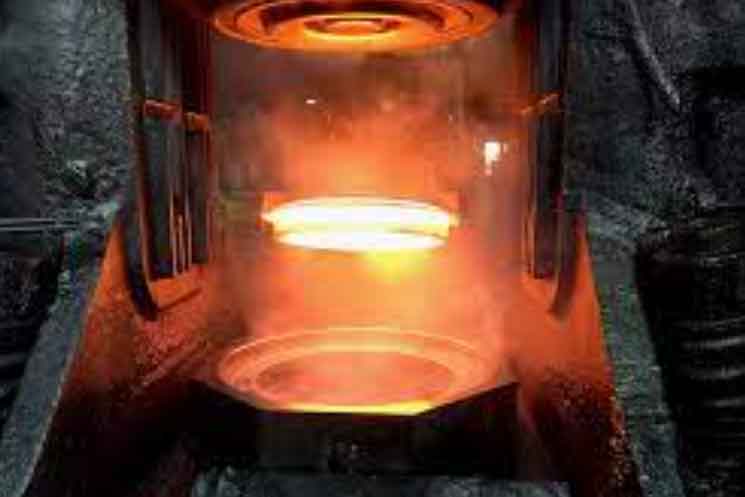
Gear forgings play a critical role in power transmission systems, providing reliable and efficient motion control in various industries. This article highlights the significance of gear forgings in power transmission applications and explores their key attributes that contribute to reliability and efficiency.
Power Transmission and Gears:
Power transmission involves the transfer of mechanical energy from a power source to a driven component. Gears are vital components in power transmission systems, facilitating speed reduction, torque multiplication, and directional changes. They are used in diverse applications such as automotive transmissions, industrial machinery, wind turbines, and aerospace systems.
The Importance of Gear Reliability:
Reliability is crucial in power transmission systems as failures can lead to costly downtime, production losses, and safety hazards. Gear forgings play a vital role in ensuring reliable operation by offering superior mechanical properties and resistance to wear, fatigue, and failure under demanding operating conditions.
Strength and Durability of Gear Forgings:
Forged gears are known for their exceptional strength and durability. The forging process involves the application of heat and pressure to shape the metal, resulting in a refined microstructure with improved mechanical properties. Gear forgings exhibit high tensile strength, hardness, and resistance to impact and fatigue loading, ensuring long-lasting and reliable performance.
Precision and Dimensional Accuracy:
Gear forgings are manufactured using precision forging techniques that allow for tight dimensional control and accuracy. The forging process enables the creation of complex gear geometries with precise tooth profiles, ensuring optimal meshing, minimal backlash, and smooth power transmission. The precise dimensional characteristics of gear forgings contribute to efficient energy transfer and minimal power losses.
Enhanced Wear Resistance:
Gears experience significant contact and sliding friction during operation, leading to wear. Gear forgings are often made from alloy steels and specialized materials with enhanced wear resistance. The forging process aligns the grain structure, creating a homogeneous material with improved resistance to wear, pitting, and surface damage. This results in extended gear life and reduced maintenance requirements.
Efficiency through Weight Reduction:
Gear forgings offer the advantage of weight reduction without compromising performance. By utilizing advanced forging techniques and material selection, gears can be designed with optimized geometries, reducing mass while maintaining the necessary strength and stiffness. Lighter gear forgings contribute to overall system efficiency, reducing inertia and power losses.
Customization and Flexibility:
Forging techniques allow for customization and flexibility in gear manufacturing. Complex gear designs, such as helical, bevel, or spiral bevel gears, can be readily achieved through forging processes. The ability to customize gear forgings ensures compatibility with specific applications, optimizing performance and efficiency for diverse power transmission systems.
Quality Assurance:
Gear forgings undergo stringent quality control measures to ensure their reliability and performance. Non-destructive testing techniques, such as ultrasonic and magnetic particle inspections, are employed to detect any defects or irregularities. Mechanical testing, including hardness and impact testing, validates the material properties and durability of gear forgings, ensuring their suitability for demanding power transmission applications.
Gear forgings are indispensable in power transmission systems, providing the reliability and efficiency necessary for smooth motion control. Their exceptional strength, durability, precision, and wear resistance contribute to reliable operation, reduced maintenance, and extended gear life. With the ability to customize designs and optimize weight, gear forgings continue to play a vital role in various industries, ensuring reliable and efficient power transmission.
